The 12 Best Rock Bands from the ’70s, Ranked by a Musician
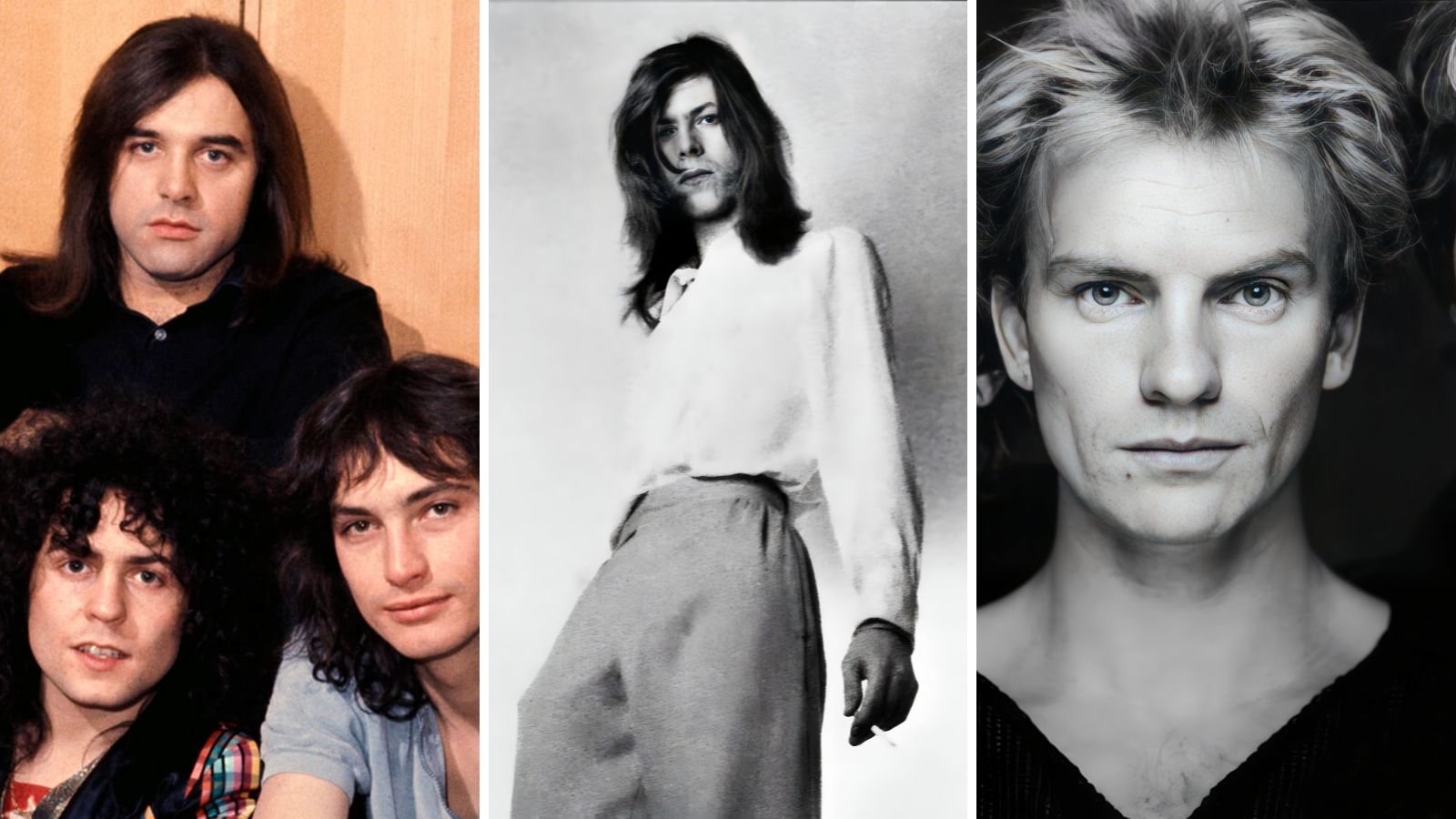
While the rock and roll bands in the ‘60s laid the foundations for rock and roll to take over the world, the top 12 rock bands from the ‘70s took everything to the next level. Yes, ready or not, in this decade, the world experienced some of the biggest, most ambitious, and most grandiloquent rock shows and tours in history.
Although some of the bands you’re about to see were formed in the late ‘60s, their most prominent work and subsequent fame came along in the ‘70s.
Yes, this is the time arena-ready rock and roll anthems were born. So, be ready to put on a bandana, ignite your lighter, and sing your lungs out with these huge ‘70s rock and roll acts.
What Made Rock Bands in the 70s Special?
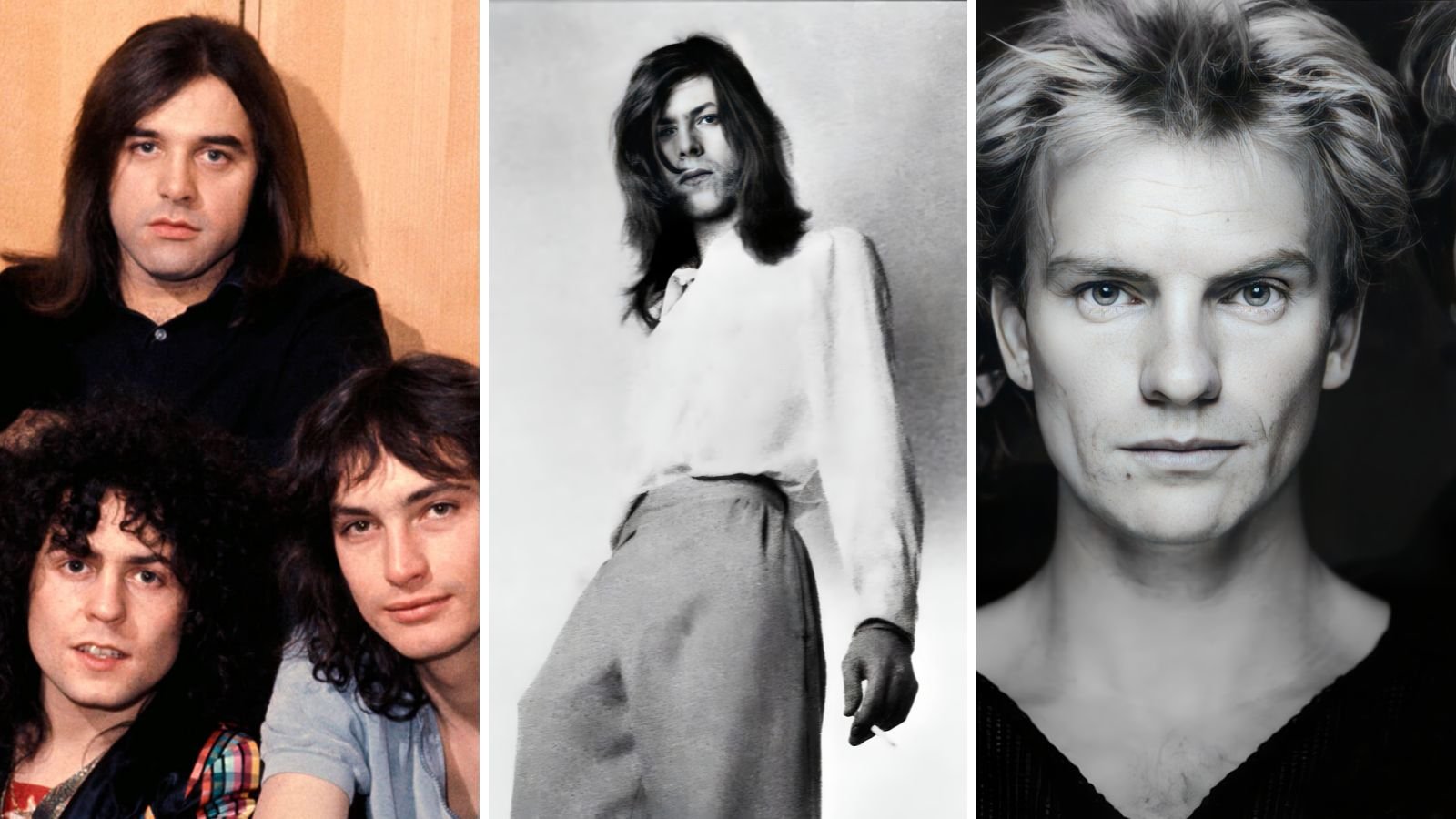
Huge crowds, stadiums, paraphernalia, costumes, and elements like fireworks made the ‘70s the golden era of bombastic rock and roll performances. Not only did the anthems become more popular, but there were also songs designed to make arenas roar. Some of the most played classics in rock and roll history were born in this era.
Also, let me tell you that much of what happened in the ‘60s (especially the late ‘60s), like Woodstock, for example, gave promoters and tour managers the certainty that there was no cap to what rock and roll could achieve. Crowds kept getting bigger, and so did venues for a genre that just didn’t stop growing in popularity.
Here are the 12 bands that helped make the ‘70s the golden era of stadium-ready rock acts.
1. David Bowie
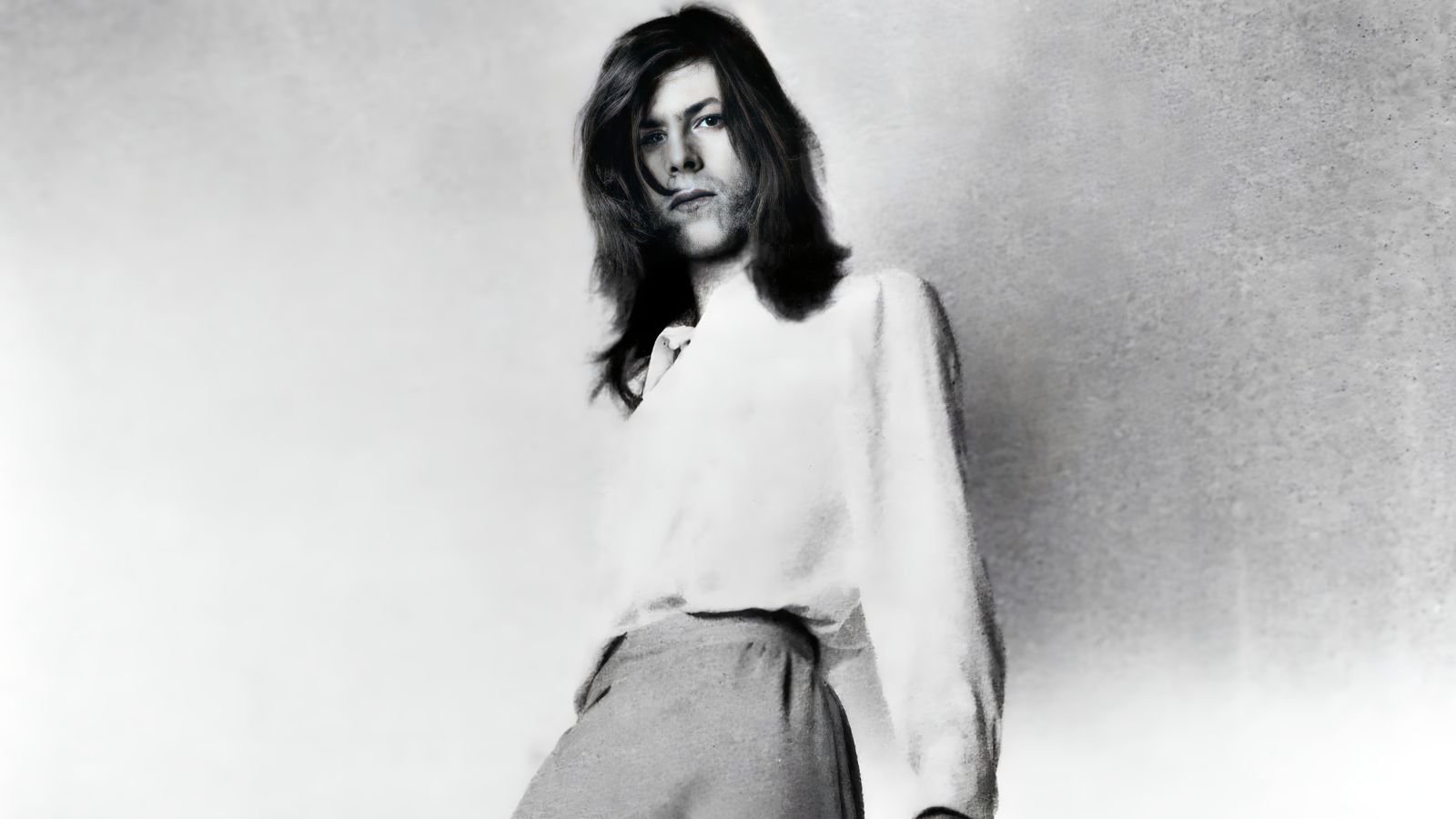
David Bowie was more than a composer and a singer or performer and actor. He was a creative force that took the entire rock genre up a notch. Indeed, his 1972 album Ziggy Stardust and the Spiders from Mars was like nothing else the world had ever witnessed before. The theatricals, the costumes, the sound, the acting- all part of creating the Bowie legend.
Furthermore, while intensely touring, he also found time to co-produce and sing vocals in Transformer (1972), the first solo album by Lou Reed, and mix Raw Power (1973), the third Stooges album, along with Iggy Pop.
But why is David Bowie so relevant in the history of rock music? Well, first of all, because of his legacy. He taught the world how rock and roll could become a vessel for more profound meanings, soulful poetry, and stadium-sized theatrical presentations. Furthermore, he was also a moving creative force who came up with character after character in an attempt to make a puzzle that would talk about David Bowie.
Nowadays, after his passing in 2016, Bowie is admired by peers, fans, and critics, and his work is considered among the most important of the 20th century. As proof of that, a short time ago, Billboard claimed that David Bowie influenced more musical genres than any other rockstar.
You can’t enjoy ‘70s rock without including David Bowie in your playlist.
2. Queen
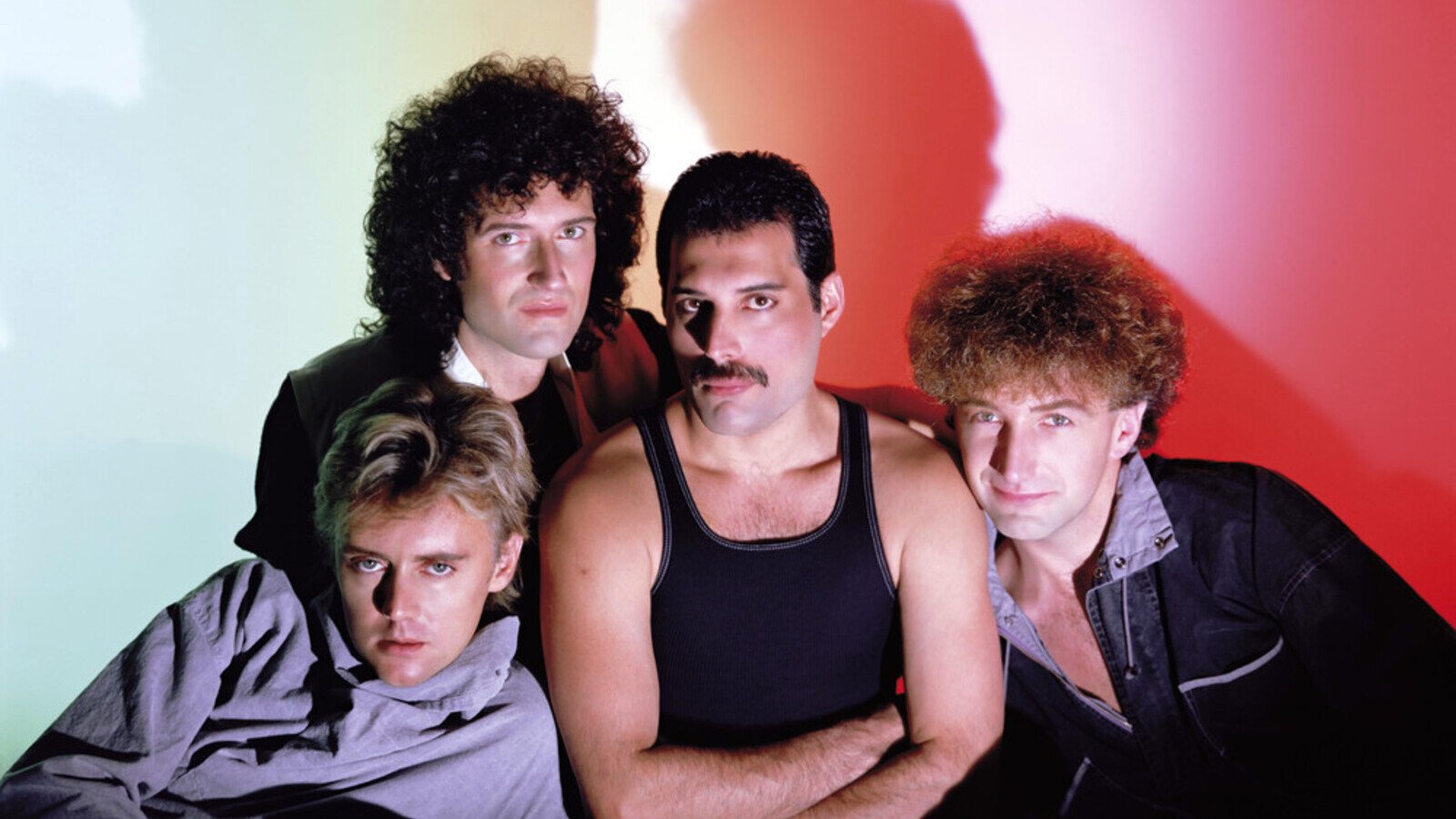
Who can forget the opera part of “Bohemian Rhapsody” turning into heavy metal? Also, the iconic, utterly simple bass line that gives life to Queen’s collaboration with David Bowie, “Under Pressure.” Or, what about the hypnotic drum fill that gives life to “We Will Rock You”, and the eternal chant of the winners called “We Are The Champions”.
Just by naming a handful of songs by Queen, you already know that they’re part of your musical DNA, part of the soundtrack of your life.
Well, if there was a frontman who embodied the grandiloquence and theatrical aspect of arena performances in the ‘70s, that was Freddie Mercury. He started Queen along with guitar god Brian May, and Roger Taylor on drums. John Deacon was recruited to play bass a year later.
The Queen ruled the planet until Freddie’s sad passing in 1991. After the man was gone, the band kept on playing with several singers and touring the world to great success, but the legend was already written in stone.
If you want to get into Queen, I suggest you start with the two most memorable albums by the band: A Night at the Opera (1975) and News of the World (1977).
3. Black Sabbath
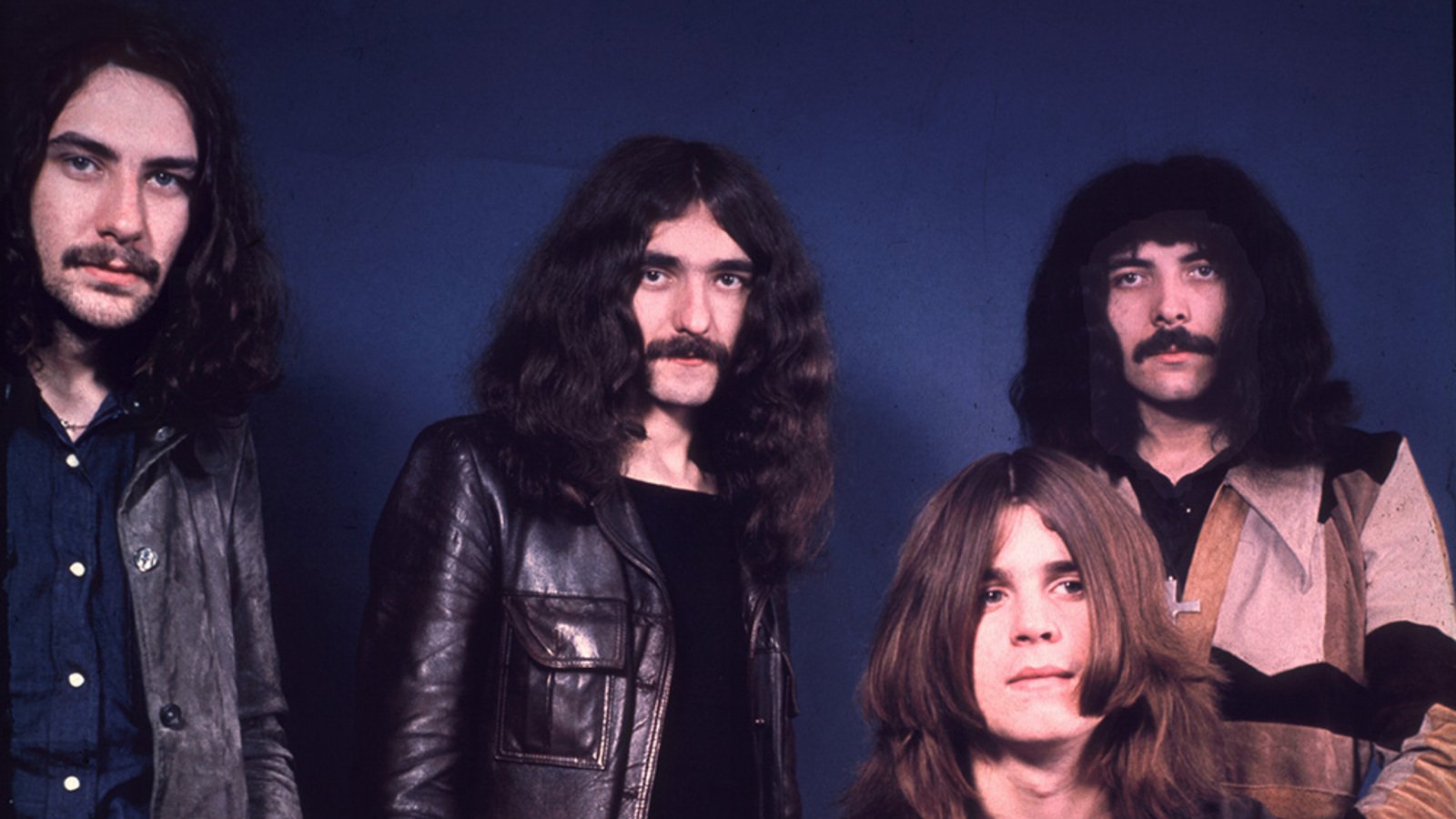
According to some publications, Black Sabbath invented heavy metal. Although there was “Helter Skelter”, Cream, Hendrix, and The Who before them, nobody took it to the obscure with such a grinding mix of guitars as the early Sabbath records did.
Although they created the style and influenced thousands of bands to come, the band, and especially Tony Iommi, wanted nothing to do with the term “Heavy Metal.” They preferred to be called a “heavy rock” band instead. Despite their struggle, they’re considered the inventors of the style and the band that helped shape heavy modern music as we know it today.
I mean, the black clothes, inverted crosses, satanism allegations, chewing off bats’ heads on the stage, and dark personalities contributed to creating the culture behind heavy metal music. The same that year after year still congregates hundreds of thousands of music lovers in many festivals around the planet.
If you’re a newbie to Black Sabbath’s music, I suggest you start with Paranoid (1970) and Sabotage (1975).
4. Pink Floyd
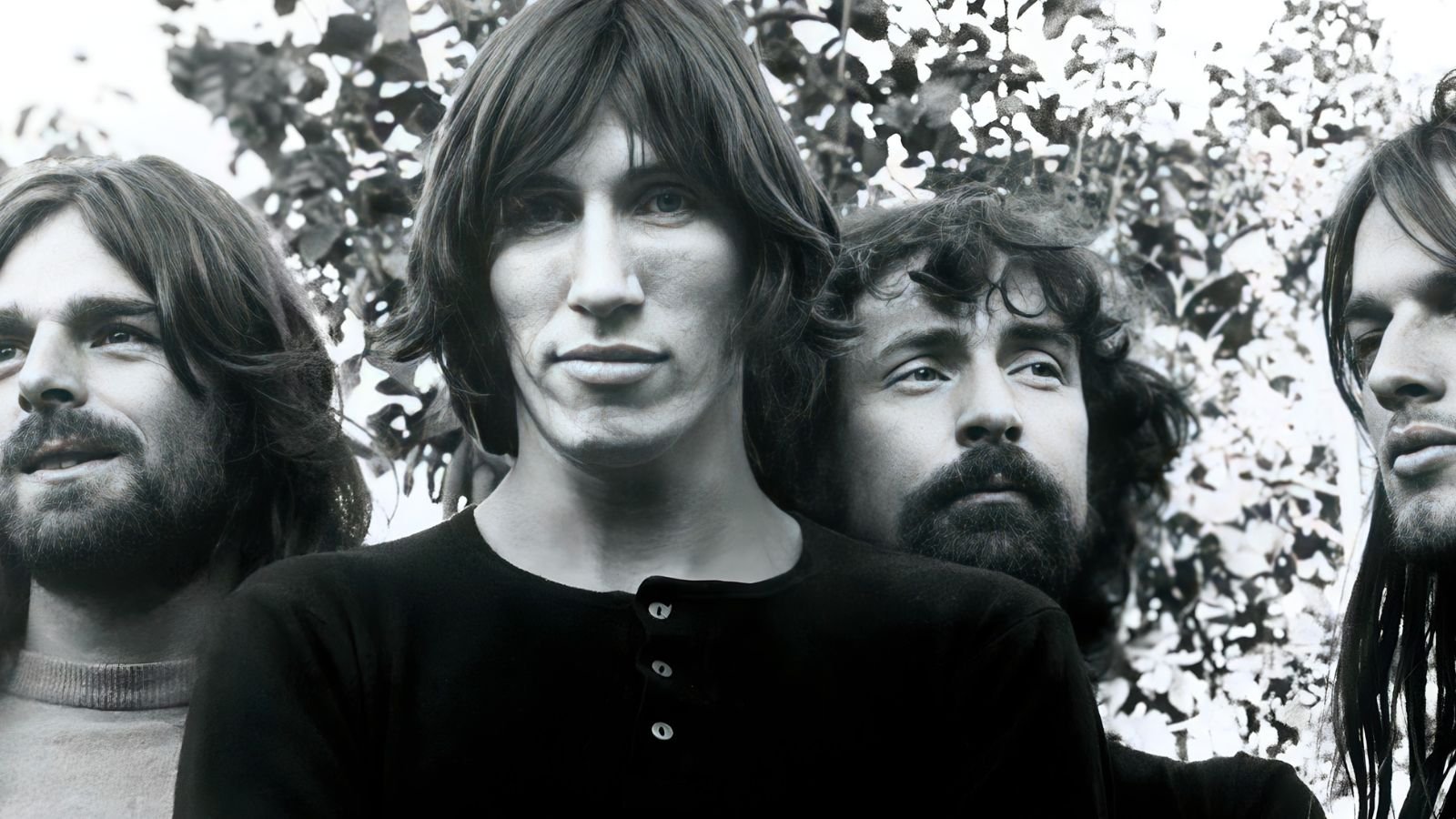
Formed in London in 1965, Pink Floyd is widely known as prog-rock’s most popular band. In fact, a recent reader’s poll carried on by Rolling Stone Magazine left them in the second position after Rush. Yet, truth be told, Pink Floyd exceeds the Prog-Rock world to become a bigger monster, one that needs to feed on more than one musical style to survive.
Perhaps the best example of Pink Floyd’s grandiloquent approach to music is their 1973 record The Dark Side of the Moon, an album that stayed on the Billboard 200 for 14 years. But it wasn’t just an album, it was also the inaugural step to a series of ‘70s rock statements that ended with the hugely acclaimed, audiovisual, and theatrical The Wall (1979).
That stream of albums is the one I recommend the most and is completed with Wish You Were Here (1975) and Animals (1977).
Although Roger Waters is 79 years old and into his farewell tour era, Pink Floyd’s music is still present in the mainstream. For example, Miley Cyrus covered “Wish You Were Here” on Saturday Night Live, exposing an entire new generation to Pink Floyd’s music.
5. Deep Purple
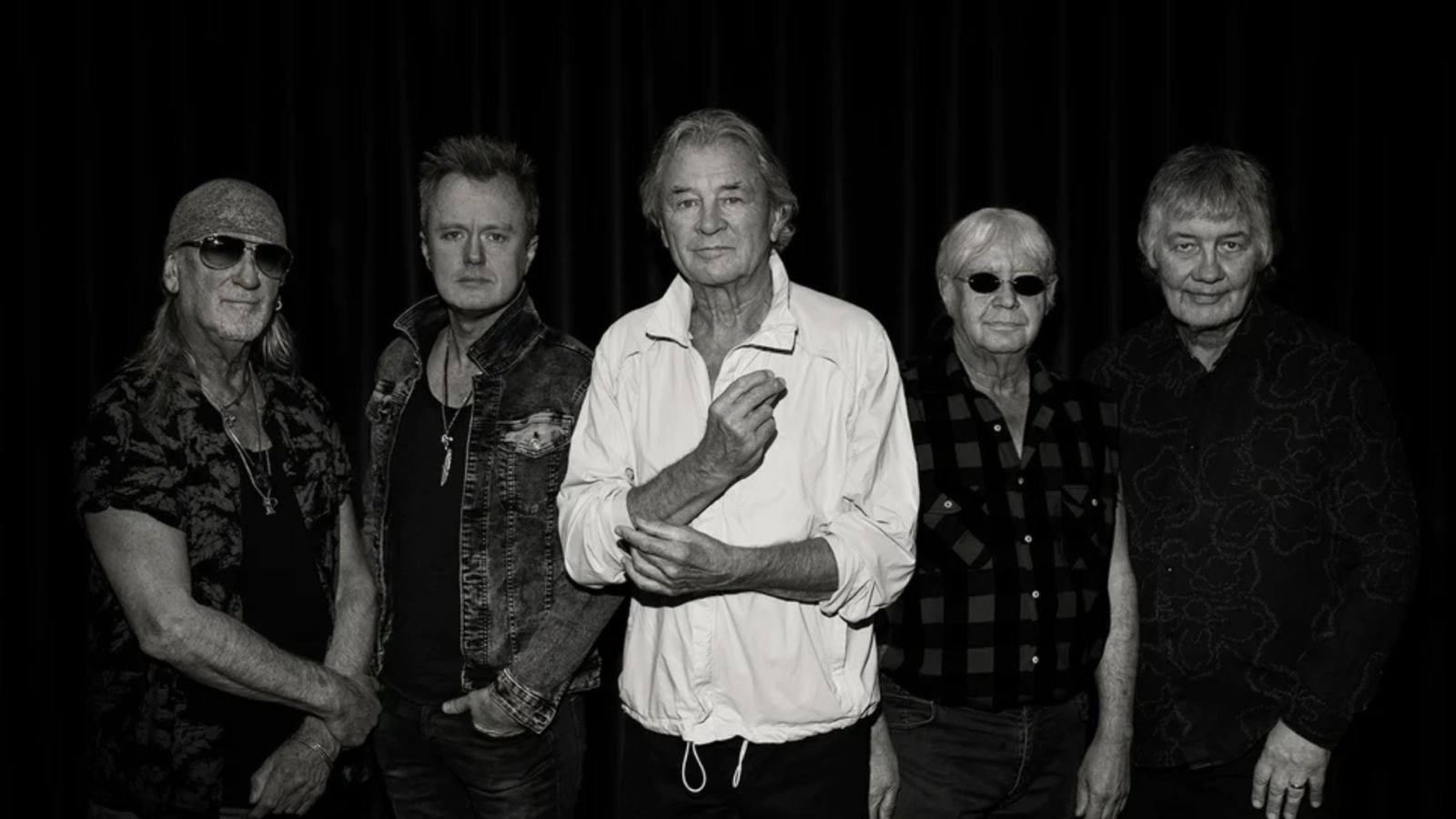
Having sold over 100 million records worldwide, Deep Purple is considered, along with Black Sabbath and Led Zeppelin, part of the “unholy trinity of British hard rock and heavy metal in the early to mid-seventies”
Although they’re part of that unholy trinity, they’re a wildly underrated band for what they’ve done for rock music. I mean, they were inducted into the Rock and Roll Hall of Fame in 2016 by no other than Lars Ulrich, Metallica’s eccentric drummer.
But let me tell you two things about Deep Purple. To begin with, they were the first-ever rock band to play with a full symphony in a live show (Concerto for Group and Orchestra in 1969). Something that has been replicated many times after. Also, they’re the band that wrote “Smoke on the Water” drawing inspiration from no other than Beethoven himself!
If you’re about to dive into Deep Purple for the first time, I suggest Machine Head (1972) and Burn (1974).
6. The Clash
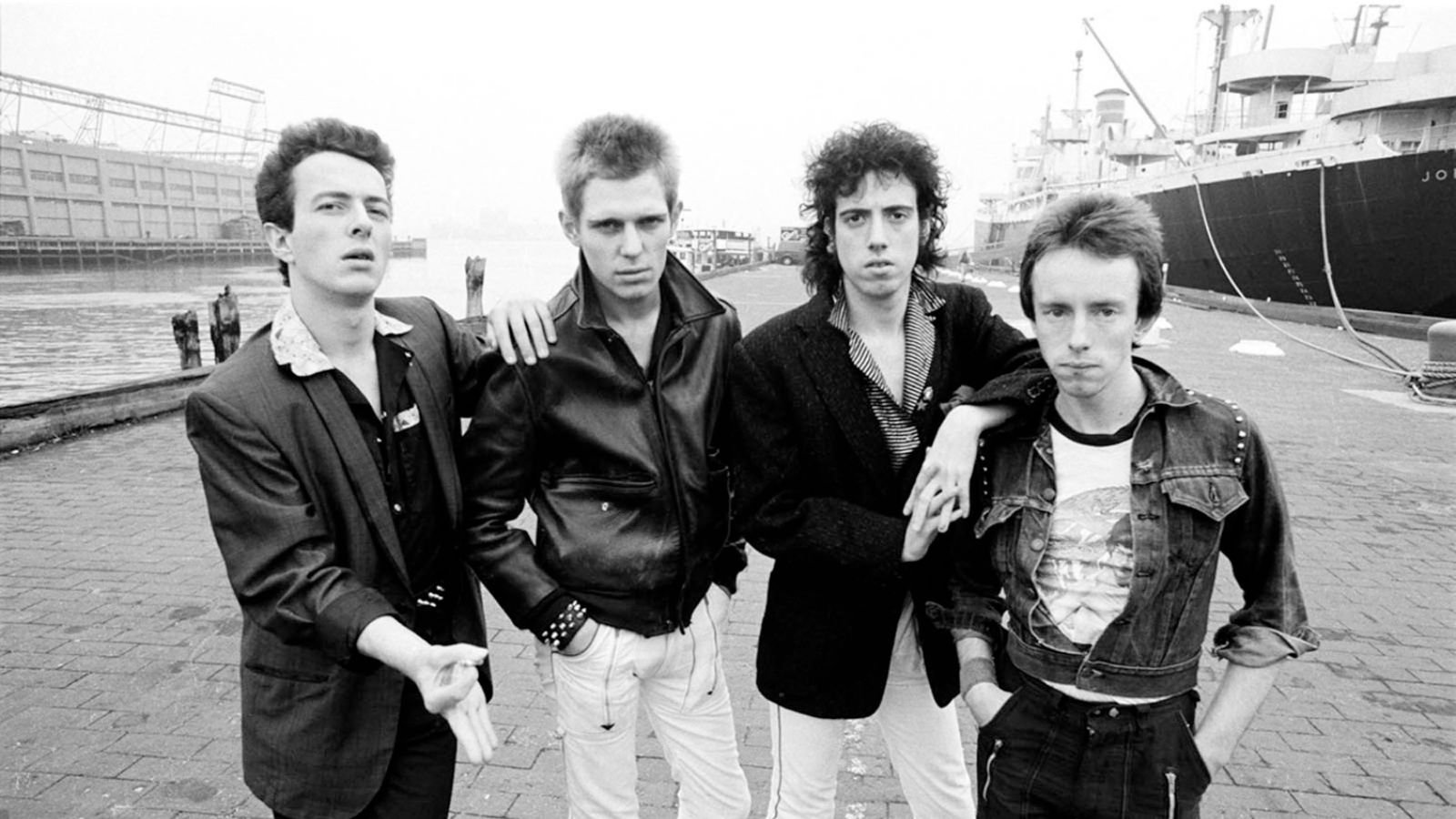
Few bands in music history were able to mix so many styles and come out with a sound of their own. Yes, no other band in history sounds quite like The Clash. They used a mixture of rock and roll, rockabilly, punk rock, ska, dubstep, reggae, funk, and ska to create simple tunes that made a generation dance and influenced other generations to stand up and fight.
Perhaps the best way to understand The Clash is to think of music as a vessel for a bigger message. These English rockers did exactly that and set the foundations for a lot of bands that came after, including Rage Against the Machine.
In a recent interview, Tom Morello stated that his number-one influence in terms of bands was The Clash.
Are RATM and The Clash similar in terms of sound? No, but what sets both bands apart from the rest is the fact that both of them had something to say about the reality around them.
Although all of their records are amazing, if you’re getting started with The Clash, I suggest you go for London Calling (1979) and take it from there.
7. The Police

The first time I heard Outlandos D’Amour (1978) I just couldn’t believe it. In fact, I don’t know if the world was ready to receive such a wild combo made of reggae, rock, punk, rock and roll, ska, and a lot of attitude from one of rock and roll’s greatest frontmen of all time, Sting.
The band was more technically advanced than the rest of the players in the scene since all members had cut their teeth playing academic music and jazz and learning music theory. That knowledge, mixed with a world-conquering attitude and arena-ready songs, made The Police a hit band that took over the world like a storm in a very short but intense ride from 1977 to 1986.
Why is The Police an important and influential band in music history? Well, just like The Clash, they helped blur the limits between rock and all other genres in Western music, giving birth to a whole new generation of musicians who are not afraid of academia and willing to push the style’s boundaries further.
8. Santana
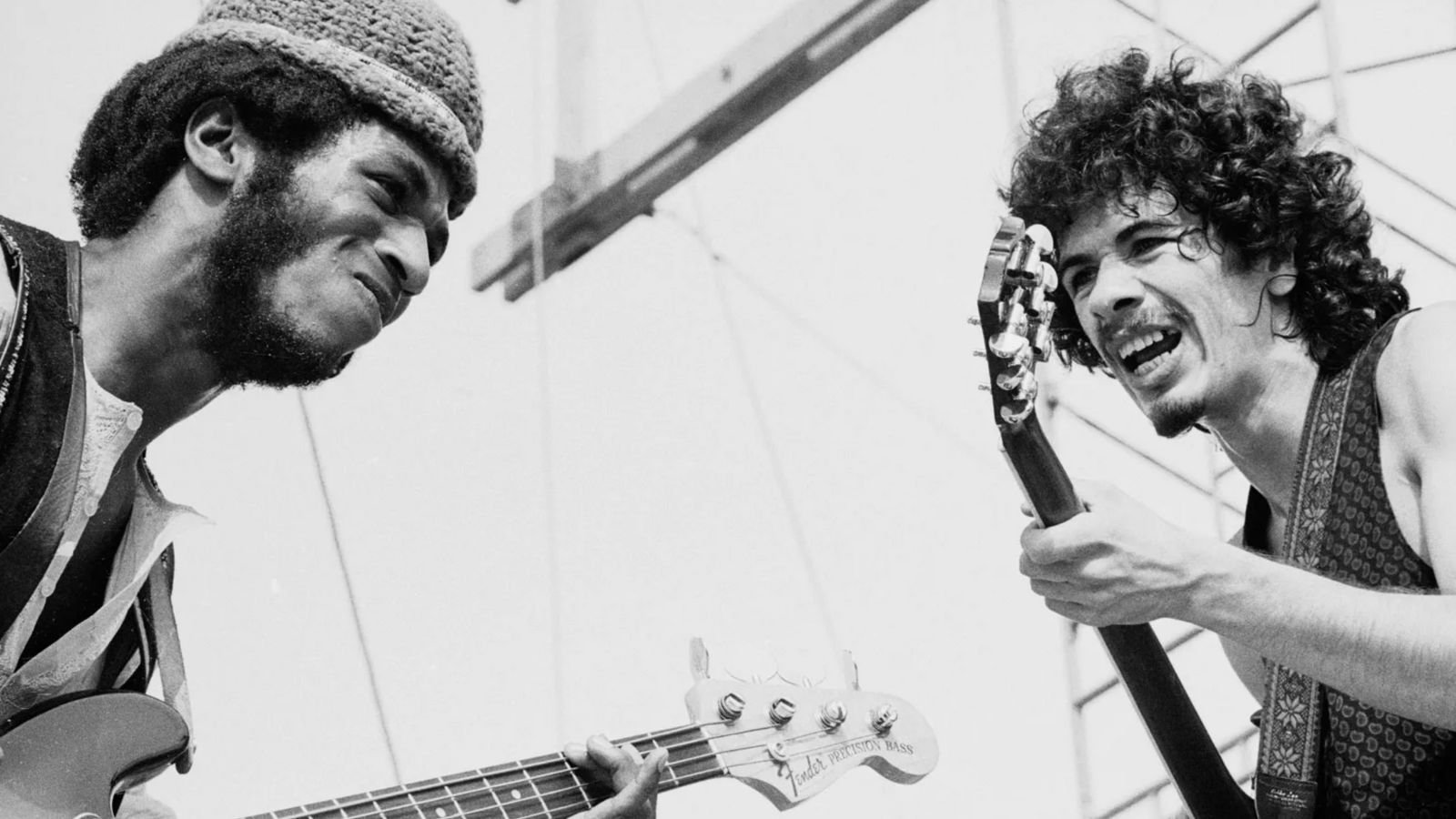
One of the most unique rock acts to come out of the 1970s was, undoubtedly, Santana. Their fusion of Latin rhythms with rock and roll sounds and attitude became a standard in the industry that allowed many other bands to enter Western music’s mainstream. Furthermore, very, very few guitarists in history can claim to be recognized after playing just one note, and Carlos Santana is one of them.
Santana was formed in the late ‘60s and made it out of the San Francisco scene. They had a deal with Bill Graham (who handled the famous Fillmore Auditorium) in the early days. Graham was called to organize Woodstock and he said he would do it under the condition Santana played there. That was, perhaps, the first go at fame Santana had.
After that psychedelic, hallucinogen-fueled presentation, Santana was rocketed to stardom where it continues to be today. If you’re new to Santana I would suggest two records from very different times: Abraxas (1970) and Supernatural (1999).
9. T. Rex
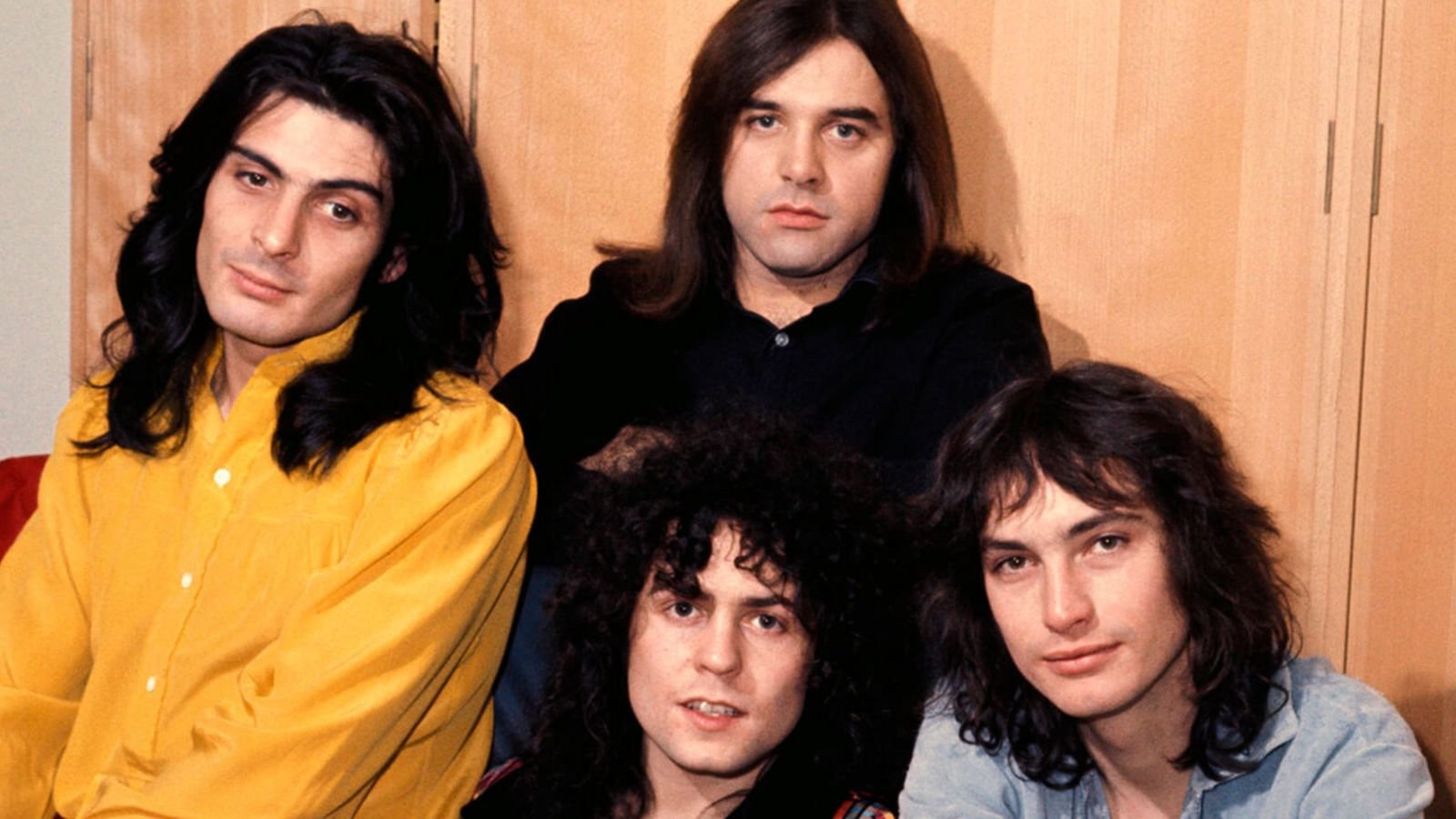
Although Bowie is largely credited for the appearance of glam in rock and roll and for adding performance, burlesque, and theatrical elements to his performances, Marc Bolan and his band, T. Rex, did it as contemporaries. Indeed, Marc Bolan is regarded by legends the size of Elton John as one of the main drivers of a new music scene in which everything was allowed.
Elton John recently said about Bolan, “He was the perfect pop star, his songs were great, his records rocked, he had attitude, he had performing skills, he looked fabulous, he dressed the part. At a time when I was still becoming Elton John, he was a great role model. I thought: ‘This guy doesn’t give a f—, he’s just being who he is and he’s loving every single minute of it.’ And that had a great effect on me.”
Beyond influencing influential artists, the size of Elton, T. Rex also had amazing songs. In fact, from 1970 to 1973, T. Rex had an epic run of eleven top-ten singles. Furthermore, four of them reached number one.
If you’re not familiar with Marc’s work with T. Rex, the perfect place to start is Electric Warrior (1971).
10. Joy Division
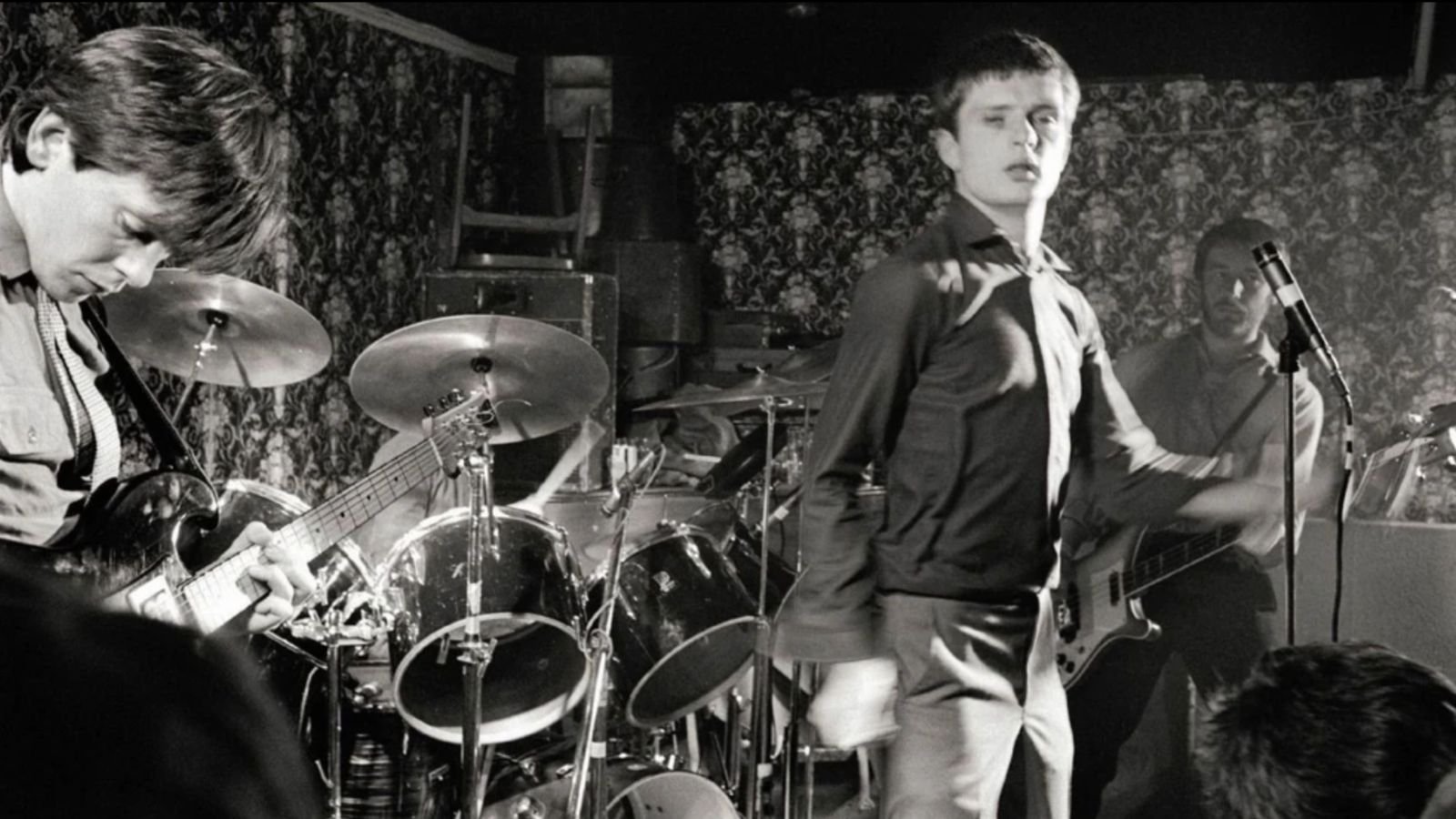 Although their debut album came out in 1979, Joy Division created a musical style that was born from all the excess and loud glamorous rock life of the seventies. Indeed, the entire industry centered on the bigger-means-better motto was falling apart, and Ian Curtis was singing those tortuous lines dressed in black and dancing like a madman.
Although their debut album came out in 1979, Joy Division created a musical style that was born from all the excess and loud glamorous rock life of the seventies. Indeed, the entire industry centered on the bigger-means-better motto was falling apart, and Ian Curtis was singing those tortuous lines dressed in black and dancing like a madman.
You might have heard Joy Division’s “Love Will Tear Us Apart,” a post-punk anthem that gave life and purpose to a plethora of bands coming after them. Robert Smith, from The Cure, recalls the time Joy Division opened for them in the UK and remembers them as a great band: “They were of that generation of bands, which is my generation of bands. They were so powerful…that was our best show that year, I think, we went on after them and we had to really we had to try hard to match what they did… it’s a shame about Ian Curtis… it’s like Jimi Hendrix or Kurt Cobain…people that good come around far too infrequently.”
If you want to get into Joy Division, their album Unknown Pleasures (1979) is the best way to do so.
11. Judas Priest
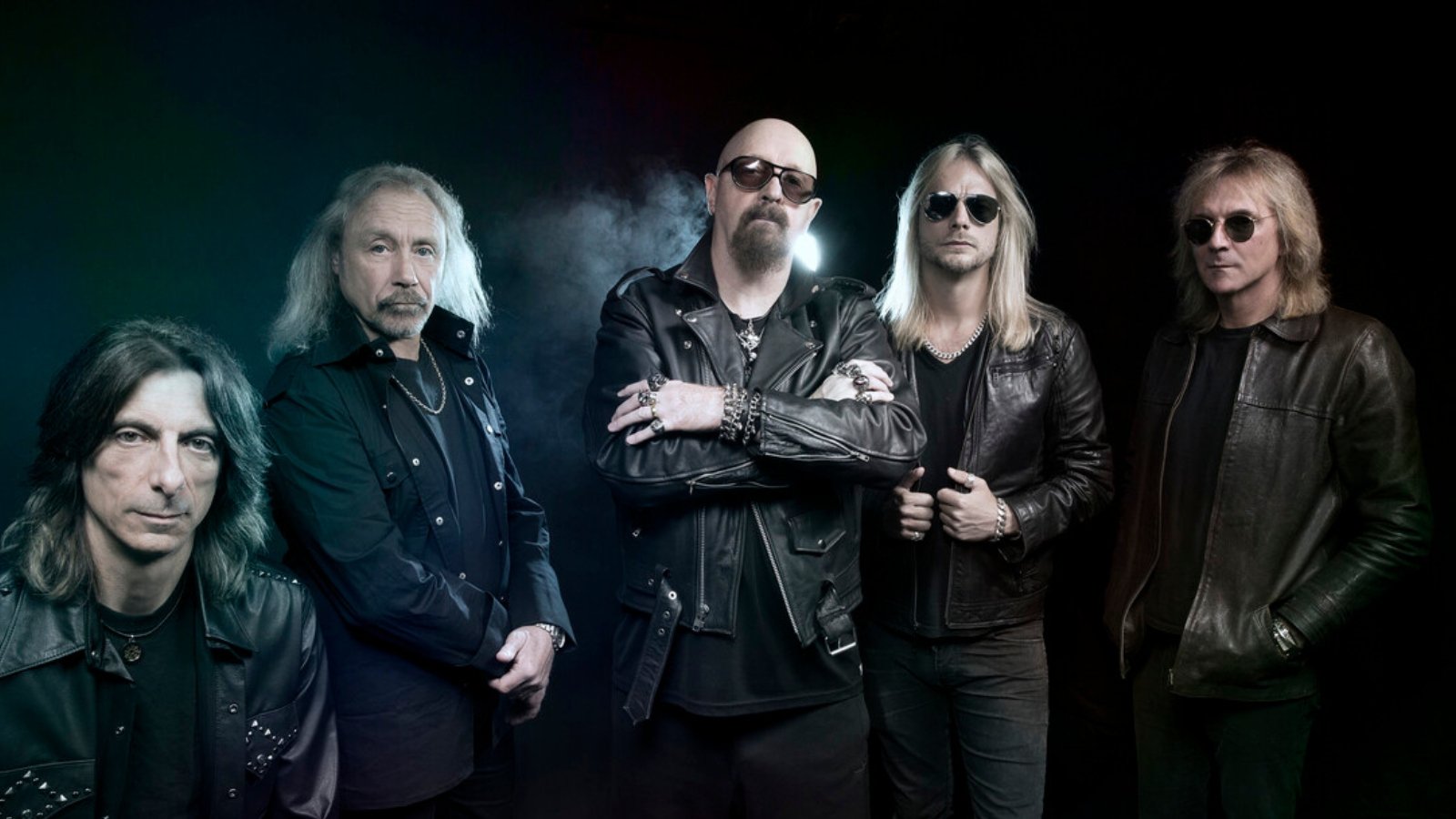
After selling over 50 million records worldwide and influencing bands like Metallica, Megadeth, Slayer, Pantera, Anthrax, and Sepultura, among others, they had to make it to this list.
Let me talk to you about not only the musical aspect of Judas’ impact on heavy music but also from a fashion point of view. Indeed, they were the ones to introduce the leather culture to heavy metal fans taking the whole pointy-stuff fashion from Punk Rock bands. Nowadays, leather jackets are a must for most metalheads in the world.
From a musical point of view, Rob Halford has said in many interviews that Judas Priest was the first-ever metal band. He stated to Revolver Magazine “I’ve always pushed that Sabbath were a heavy metal band, but my friend Tony Iommi will always go, ‘No, we’re like a rock band, a hard rock band. I said, ‘No, you’re heavy metal.’ ‘No, no…'” Therefore, he claims the throne for his band, Judas Priest.
They’re still playing live, so if you get the chance, go see Judas play. Otherwise, you can dive into Killing Machine (1978), British Steel (1980), and Painkiller (1990).
12. AC/DC
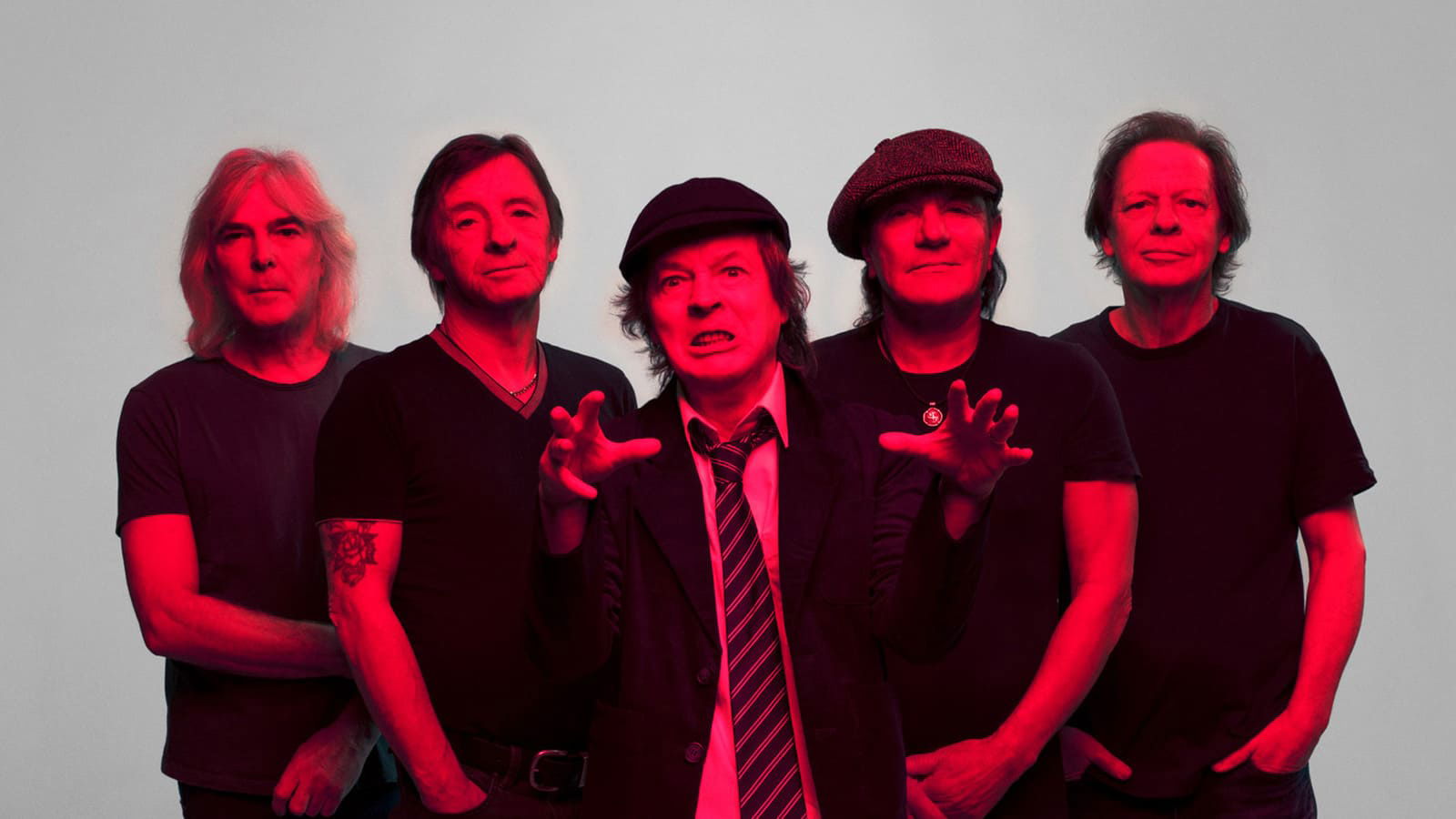
AC/DC is an Australian band that helped shape the sound of rock and roll as we know it today. Indeed, they harnessed the Australian sound and attitude with incendiary guitar riffs, stellar performances, and a one-of-a-kind guitarist who dresses as a schoolboy to rock the world.
The band was born in 1973 with singer Bon Scott, but it wasn’t his voice that led brothers Malcolm and Angus Young to worldwide stardom. On the contrary, after his passing, the band recorded their most relevant and successful album yet, Back in Black (1980).
Arguably, Back in Black is the pinnacle of a seven-year preparation career full of dirty clubs, empty roads, and endless rocking. According to some critics, rock music was never the same after AC-DC put out that legendary album. For example, guitar god Slash (Guns N’ Roses, Velvet Revolver) said, “With the exception of the Stones, the greatest rock ‘n’ roll band ever.”
If you’re not familiar with them yet, I’d suggest you start with Dirty Deeds Done Dirt Cheap (1976), Highway to Hell (1979), and Back in Black (1980).